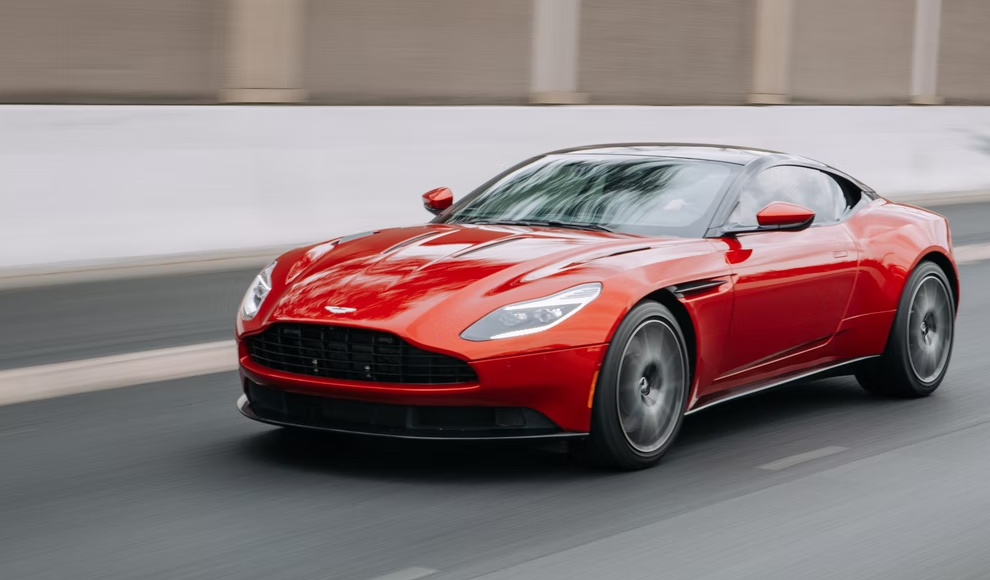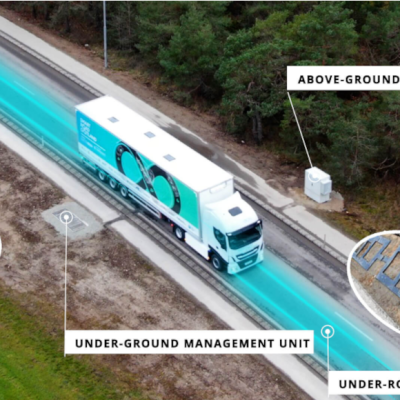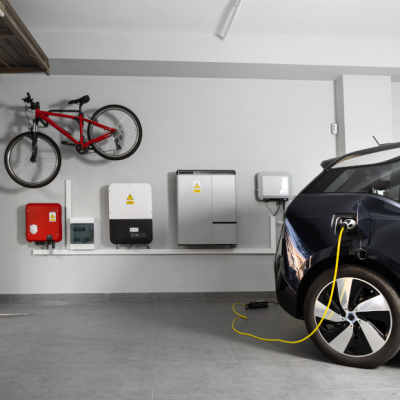The latest study by PAWLIK, a German consulting firm, has revealed that German consumers are less likely to purchase electric or hybrid vehicles compared to their European counterparts. The study, called Best-Xperience Mobility, surveyed 10,744 individuals in 50 major cities across five European countries, including Germany, the United Kingdom, Spain, Italy, and France. The results showed significant differences in mobility preferences and expectations among consumers in these countries.
One notable finding is the high brand loyalty among German car owners, with 80% of customers remaining loyal to their automaker even after negative experiences. In contrast, disappointed customers in Italy are more likely to switch to a competitor. However, younger German customers are more willing to switch brands than older customers, as reflected in their higher recommendation rates. The study also found that over half (64%) of German respondents are satisfied with their customer experience in the automotive industry, with 35% even stating that their automaker exceeded their expectations in service and support.
When asked about their plans to purchase electric or hybrid vehicles in the next three years, less than a quarter (24%) of German respondents expressed interest, with Italy having the highest percentage at 47%. The study also revealed that men are more interested in electric mobility than women. Despite higher fuel prices leading to reduced car usage in all countries surveyed, only a small percentage of Germans (13%) are willing to completely give up their own car. Additionally, few drivers in any of the surveyed countries can envision shared mobility services like car-sharing becoming their primary mode of transportation in the future.
As Joachim Pawlik, CEO of PAWLIK, notes, “We are heading towards an epochal shift in mobility and need to focus more on which paths customers will take.” The study highlights the need for automakers to understand and adapt to the changing mobility preferences of consumers in different countries.










